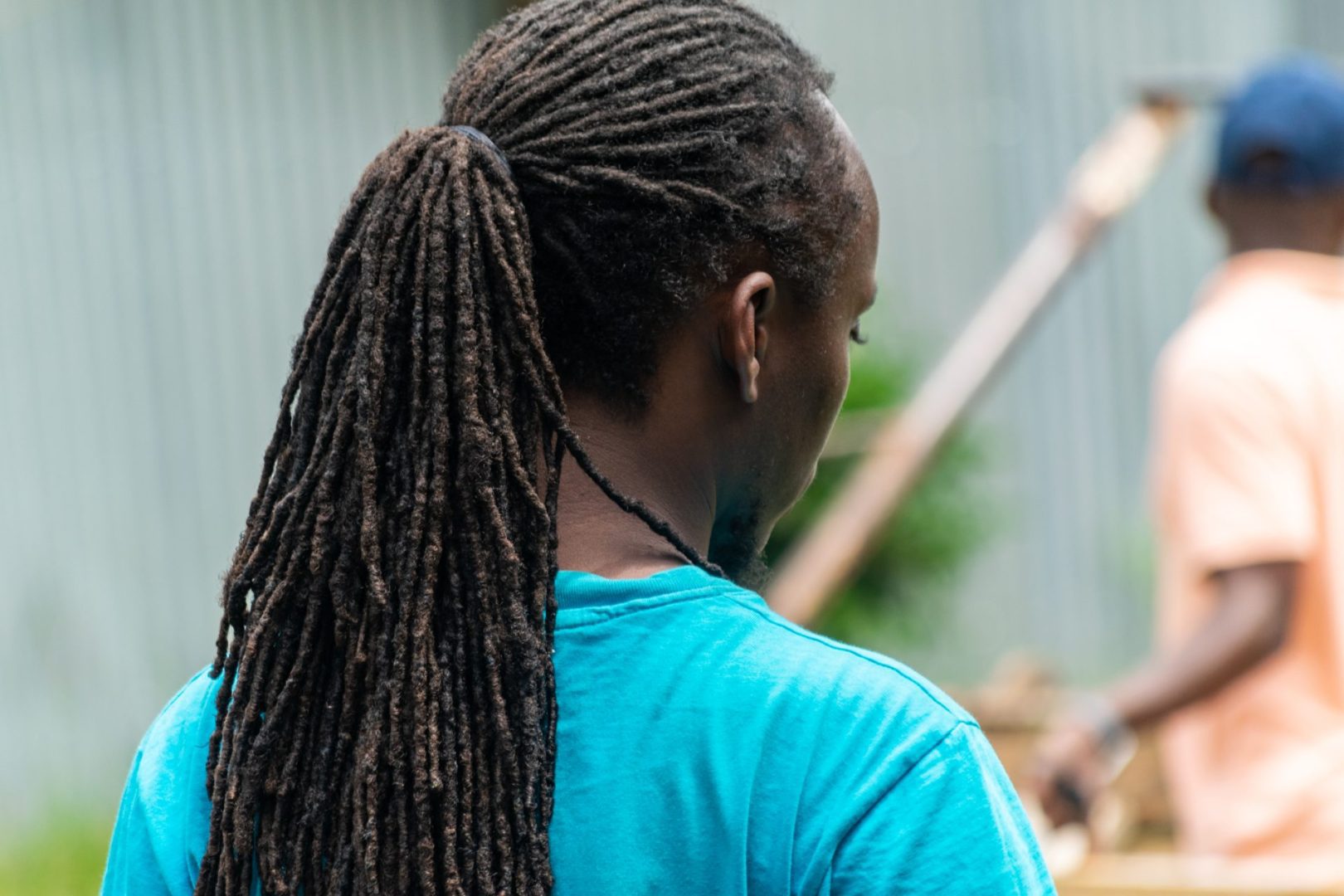Milton Myrie wore Rastafari locs for 20 years. But when his superior, a deputy police chief, told him that he would have to cut them to remain employed as an officer in 2021, Myrie was forced into “one of the most traumatizing experiences” of his life.
That’s what his lawsuit contends, filed Dec. 3 against South Fulton, Georgia, and one that seeks a multimillion-dollar award in damages. The accusation is based on the suburban Atlanta city’s CROWN Act of 2020, from an acronym that stands for Create a Respectful Open World for Natural Hair. The city also faces a charge of violating Title VII of the Civil Rights Act of 1964 in Myrie’s case.
The locs were more than a fashion statement for Myrie, 36, a devout Rastafarian who had just moved his family from New York to Atlanta only months before specifically for the job.
“Myrie’s faith and hair locs were a source of comfort and stability in his life,” the lawsuit alleges. “He had a deep and personal spiritual connection to his hair locs and would not have cut them if he knew he could have kept them in accordance with federal law and the city’s CROWN Act.”
Black hair discrimination in the workplace is common but is far more often directed at Black women. A recent study revealed that 20 percent of Black women surveyed between the ages of 25 and 34 reported being sent home from work due to their hair.
While South Fulton and 20 states have a CROWN Act prohibiting discrimination based on hair texture and protective styles (such as braids, twists, and locs), efforts to get a similar federal law passed the U.S. House of Representatives in March 2022 but failed in the Senate.
Myrie claims that his superiors failed to tell him that he could apply to keep his locs on religious grounds, according to South Fulton’s version of the law. In fact, Myrie’s suit states that they told him just the opposite — that the city had no such provision. By the time he learned the truth from the city’s human resources staff, Myrie had repeatedly cut his hair and developed a skin condition that prevents the locs from growing back now.
He also claims that being forced to cut his hair caused him anxiety and depression. He accused South Fulton of applying a double standard because it allows female officers to keep their locs, while male officers were also pressured to cut theirs — in fact, even Connie Rogers, the deputy chief who told him to cut his locs, wore her hair in locs.
“Myrie was horrified at Rogers’ statement and felt that he was being asked to abandon his faith in order to accept a job opportunity that he worked hard to secure,” the lawsuit states.
Rogers has since become the first Black female police chief of neighboring College Park. She declined comment, though she is not named as a defendant in the suit.
“At this time, we are unable to provide comments on pending litigation,” South Fulton’s statement reads. “Please be assured that we take all allegations seriously and are committed to ensuring a fair and just workplace for all employees. It’s essential to note that our city is dedicated to upholding the principles outlined in the CROWN Act, and we are committed to fostering an inclusive and non-discriminatory environment for all employees. We appreciate your understanding of our position during this time and will provide updates as appropriate.”
South Fulton has 30 days to respond to the lawsuit. Meanwhile, Myrie has moved on to a job as an officer in another unidentified Georgia city and has referred all comments to his attorney, Arnold J. Lizana, who said Myrie should get “a multimillion-dollar verdict” as compensation for lost dignity and spiritual well-being.

















